Elective Affinities | Perspectives for the Pandemic
Recommendations for illuminating works from beyond our academic community
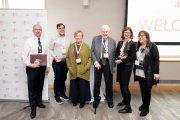
Shining a spotlight on local science journalism
The Knight Science Journalism program’s Victor K. McElheny Award honors outstanding local and regional journalists’ reporting on science, public health, tech, and the environment.
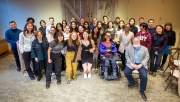
Burchard Scholars gather to network, connect, and learn
The Burchard Scholars dinner series helps create conversations between academic disciplines.
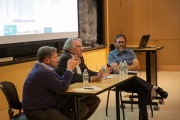
A civil discourse on climate change
The forum is the first in a series planned at MIT this year, part of an initiative meant to encourage the open exchange of ideas.
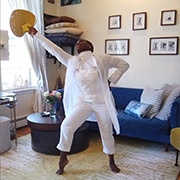
ELECTIVE AFFINITIES | PERFORMANCE
A Call To Unite, by the Alvin Ailey Dance Foundation
The finalé of Ailey's "Revelations" ballet transformed for the pandemic era; performed and published by the Alvin Alley Dance Foundation
HUMOR AND HEALTH
Why we need humor at a time like this
At Oxford University Press blog, William Costanzo explores the social and medicinal aspects of humor.
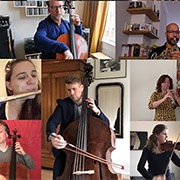
ELECTIVE AFFINITIES | MUSIC
"Ode to Joy" online
Beethoven’s "Ode to Joy" performed by members of the Rotterdam Philharmonic Orchestra while keeping #StayAtHome protocols.

ELECTIVE AFFINITIES | LITERATURE
Camus on the Coronavirus
Writing in The New York Times, philosopher Alain de Botton says that Camus "reminds us that suffering is random, and that is the kindest thing one can say about it."
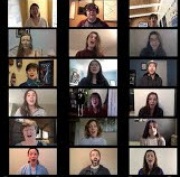
THE ARTS
"The Longest Time" (quarantine edition)
Members of Canadian choirs perform a new version of Billy Joel's "The Longest Time."
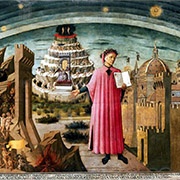
ELECTIVE AFFINITIES | POETRY
Reading of Dante's Inferno
Annual reading at the Poet's Corner, St. John the Divine Cathedral, New York City
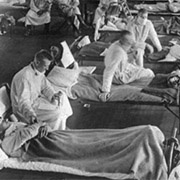
ELECTIVE AFFINITIES | LITERATURE
How pandemics seep into literature
Commentary by Elizabeth Outka in The Paris Review: "Covid-19 promises to alter us all in strange ways. It’s a paradigm-shifting event that divides lives and cultures into a before and after. We will emerge changed, though how those changes will manifest is far from certain."
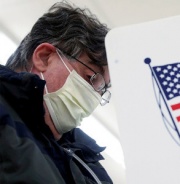
ELECTIVE AFFINITIES | ELECTION 2020
9 April 2020
How to hold elections during a pandemic
Recommended by the MIT Election Lab: In the National Review, Joshua Kleinfeld writes that, "The United States is the beacon of democracy around the world. Let’s show the world that no pandemic can stop our elections."
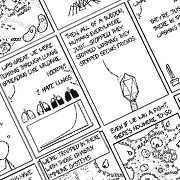
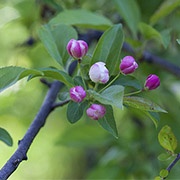
ELECTIVE AFFINITIES | DAILY LIFE
Old treatments for a novel coronavirus
"Of course we want every discovery modern medicine can provide. But to survive this period with our sanity intact, we also need to access timeless aspects of our lives." — Renée Loth in The Boston Globe